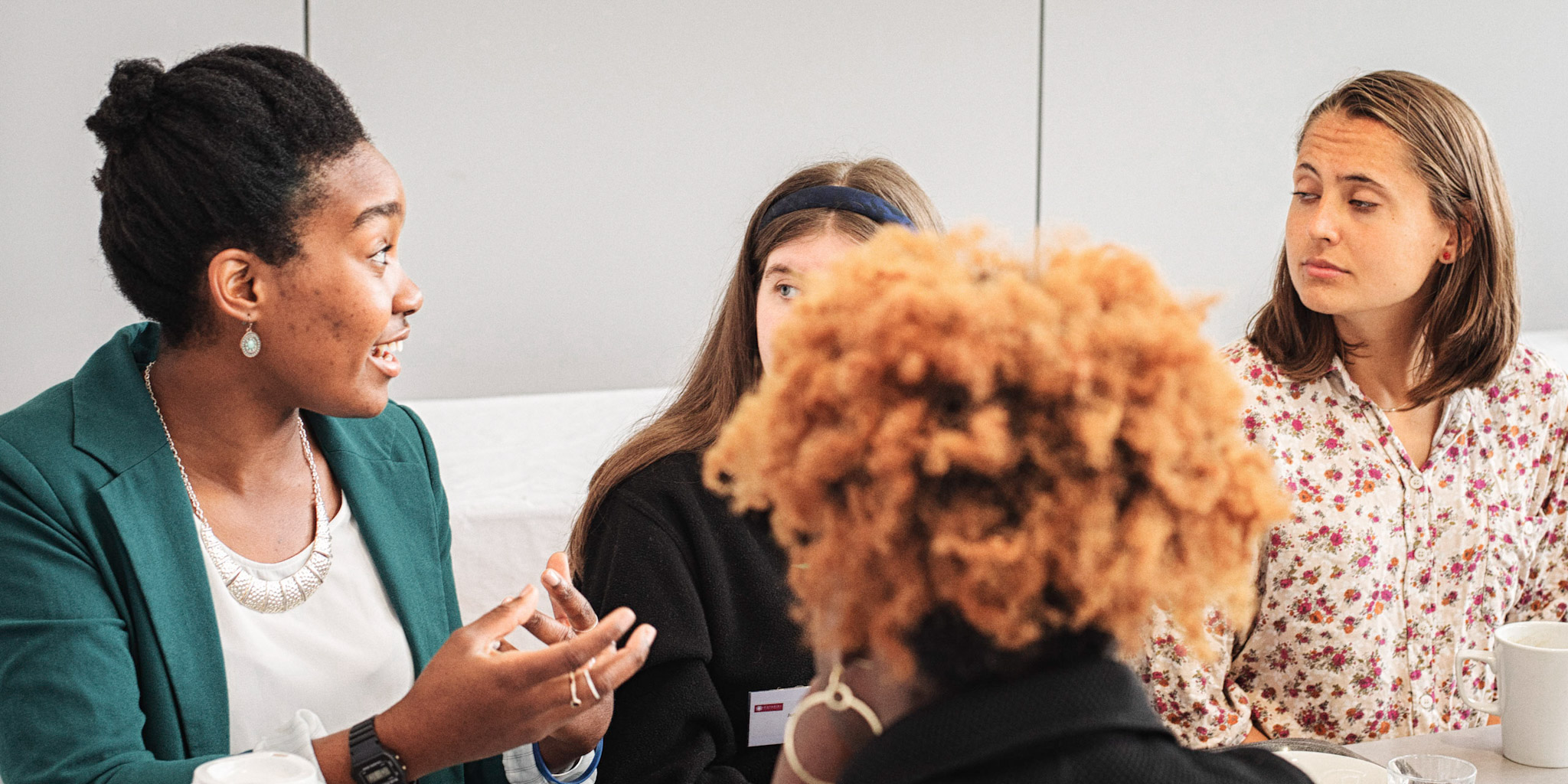by Arhea Marshall,
Tubingen University
As I was accepted to attend the 3-day Global Citizenship Forum, I have to honestly admit that I did not expect the forum to challenge my understanding of applied global citizenship. Before coming to the forum hosted by Durham University, I approached the term “global citizenship” critically and rather sceptically coming from an academic background in the fields of German and Anglophone Cultural Studies, Postcolonial Studies and Global South Studies. I had to look at self-identification of the Matariki Network as being “like-minded” high-ranking, research intensive universities, critical friends and trusted partners” under a critical lens.
“Global citizen” is a term, or rather and identity category for me, which projected images of inequality, empire and denial/invisibility and systemic creation and inherent exclusion of individual and groups, not defined as citizens. Before passively streaming to becoming ‘global citizens’ the ways in which the term itself may be new in nomenclature but not in its aims and the perhaps unintended extensions of it including but not limited to social exclusion, elitism, ghettoization and a lack of responsibility should be considered. Is citizenship as an applied system “like-minded”? This question comes into play because empowering learners does not mean that the learners are “like-minded”(in a wider sense – not just enrolled students).
While I do still think that this is part of the history (and on-going legacy) of historically inequitable political citizenship needs to be critically reflected, lead with your why*, opens up room for optimism. What is the ‘why’ of ‘global citizenship’ on a larges scale? What is the ‘why’ within the “line-minded” consortium of the Matariki Network? What is the ‘why’ of education today in an international frame? I do not claim to be capable of providing a sufficient answer to these questions in this space; however, I do see these questions as central to the future development of the current partner institutions and those to come in create opportunities for multilateral cooperation. The sessions during the forum definitely began to define our collective why: encouraging creative and creative projects and spaces that engage the university structures and its learners.
*the slogan/way of the University of Otago’s UniCrew, student volunteer organization

